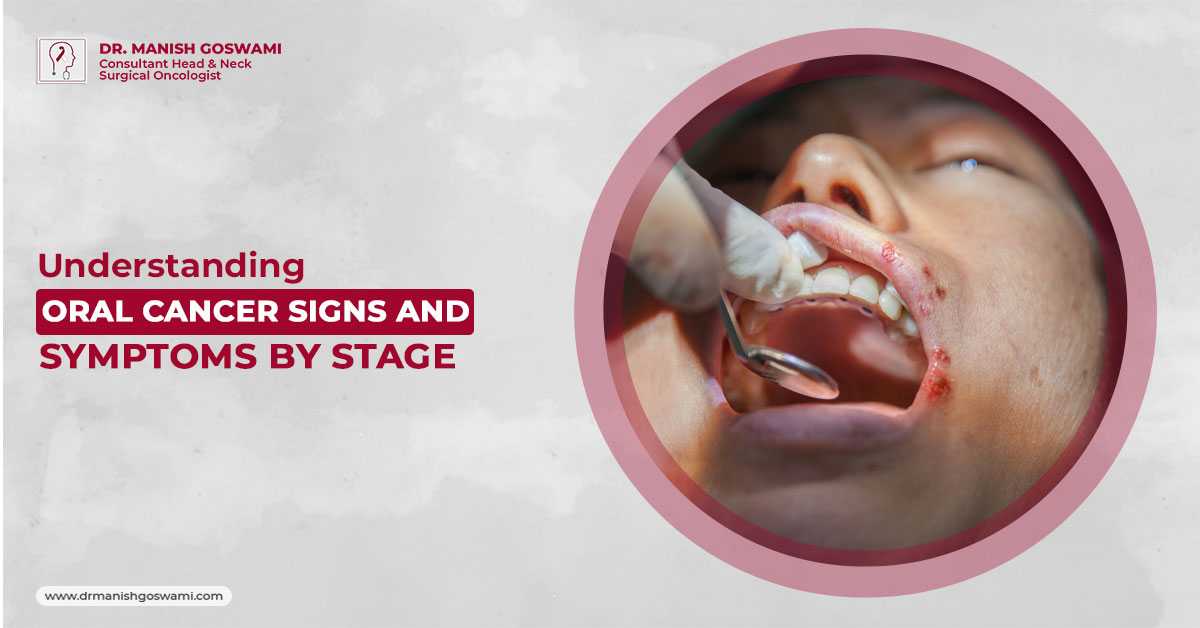If you are someone who is diagnosed with head and neck cancer, it's very crucial to know about cancer staging. Cancer staging describes the location, size, and extent the cancer has spread within the body. Staging plays a critical role in every cancer patient, whether they have head or neck cancer, by guiding treatment decisions and evaluating the potential success and outcome of the treatment. Once your head & neck oncologist in Siliguri gives a proper diagnosis with advanced imaging techniques like CT scans, MRI, PET scans, and Ultrasound, it helps in getting detailed condition of the head and neck cancer staging. Endoscopy is also used for less accessible areas in the head and neck and biopsy is done to study the affected tissue.
In this blog, we will guide you toward understanding the different stages of head and neck cancer and how it affects the treatment decisions.
The TNM Staging System
After the diagnosis, the oncologist will assess the stage of the cancer, which refers to how far it has spread. The most used system for staging head and neck cancer is the TNM system. TNM stands for:
T: Tumordescribes the size and spread of the primary tumor.
N: Nodeindicates if the cancer has reach to the lymph nodes.
M: Metastasisdetermines if it spreads to other parts of the body.
Stages of Head and Neck Cancer
The best cancer specialist in Siliguri, including Dr. Manish Goswami will help you determine the stage of the cancer after he has checked your condition properly through various tests. Being one of the best Consultant Head & Neck Surgical Oncologists in Siliguri, he has successfully treated thousands of patients. There are commonly 4 stages of head and neck cancer. The higher the stage the riskier it gets for the patients. While the first few stages are treatable, the last stages are life-threatening. Different Stages of cancer in head and neck include:
Stage 1:This is the first stage of head and neck cancer, where the tumor remains around 2 cm or smaller.
Stage 2: Second stage of cancer is determined if the tumor gets bigger than 2 cm and is smaller than 4cm.
Stage 3:In stage 3, the size of the tumors may cross 4 cm and cancer doesn't spread to nearby sites including lymph nodes. However if a lymph node is involved and cancerous cells are found in one lymph node, then it is still considered stage 3.
Stage 4: Stage 4 is also the most dangerous stage of cancer, which means the cancer cells may have spread to other parts of the body (metastasis) and lymph nodes. Stage 4 is classified into different groups. Now every subgroup is treatable.
How Aging Affects Treatment Decision
Diagnosing cancer can be complex; however, establishing the stage of the disease is crucial for initiating treatment. Once the stage of the cancer is determined, the size of the tumor and the areas to which it has spread will be clearer. This information is vital for identifying the most effective treatment options to achieve a successful outcome. With accurate staging, your cancer specialist can help you create a personalized treatment plan tailored to your needs and the specifics of your cancer. While the earlier stages may be treated with localized therapies, later stages may require a combination of treatments or more customized approaches.
When the patient is in the first two stages, the cancer will be eliminated through surgery or radiation therapy alone. The first two stages have a higher likelihood of being cured with the help of localized treatment.
Stage 3 and some of the subgroups of stage 4 require a combination of treatments including surgery, chemotherapy, radiation therapy, and more.
Stage 4, which is the highest stage of cancer, needs the patients to receive treatments that are custom-made for them based on their condition to maximize effectiveness.
Determining the staging can also help in improving the quality of life. Healthcare professionals will be able to help with precise treatment plans to combat the cancer without wasting time on non-essential procedures. This ensures better recovery and effective results.
Conclusion
After being diagnosed with cancer it becomes crucial to establish a cancer staging to ensure a proper start of the treatment. Staging impacts the treatment decision as the early stage gets treated with localised treatment however the advanced stage needs customised treatment plans and a combination of different treatments based on the condition of the cancer. Consult with your head & neck Oncologist in Siliguri and understand the staging of your head and neck cancer.






